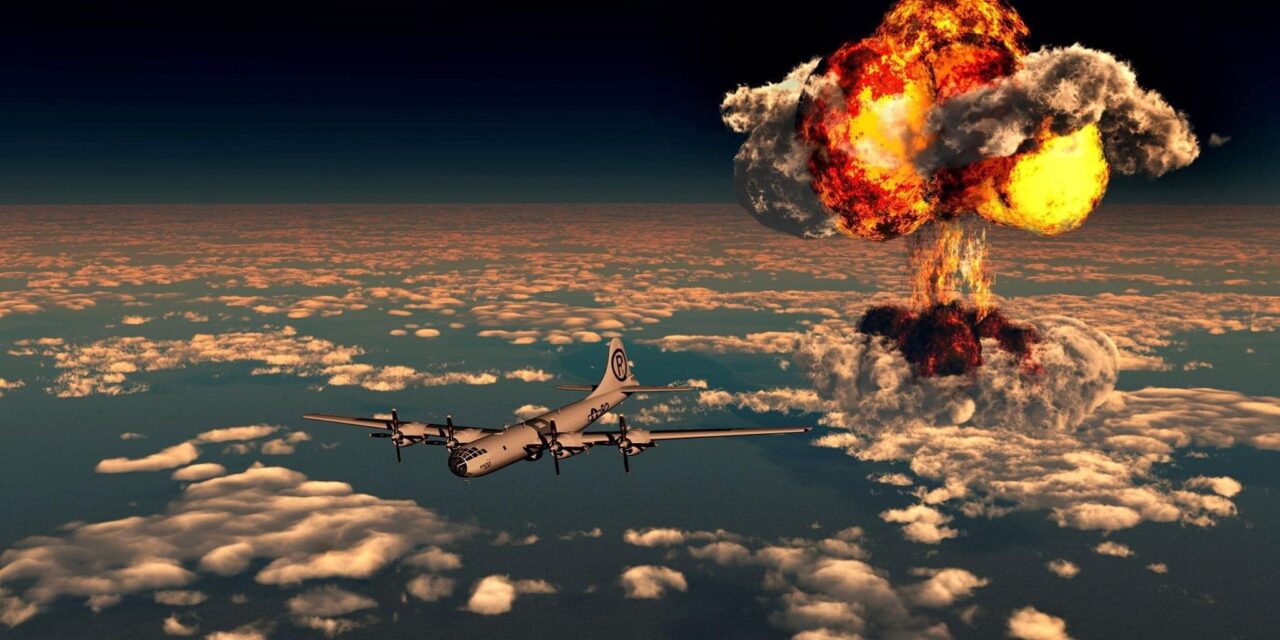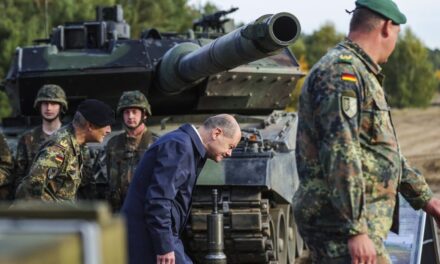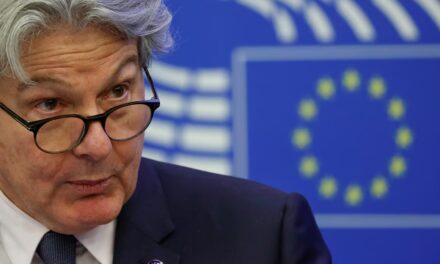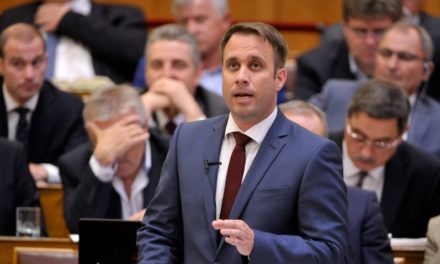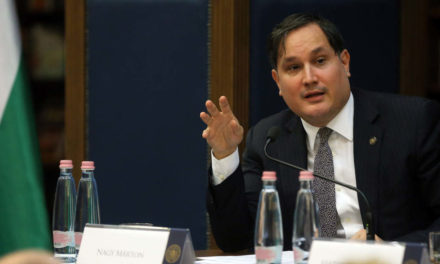A better understanding of how Western aid to Ukraine affects Russia can help US policymakers negotiate a compromise peace.
In the following article
the author of The National Interest again tries to overcome the "Atlantic shell" approach and highlights the absurdities of the gradually escalating Russian-Ukrainian war.
Western leaders cannot deceive themselves that Russia's action in Ukraine took place without provocation (presumably they are not deceiving themselves, but their taxpayers - ed.). The inconvenient truth is that the attack could most likely have been avoided if the US and NATO had given a written guarantee back in January that Ukraine would never be admitted to NATO, and the US had supported Minsk II. full implementation of the agreement.
The origins of the Russian-Ukrainian war were best summed up by one of America's leading foreign policy theorists, John Mearsheimer, who recently concluded that
"the United States is primarily responsible for causing the crisis in Ukraine...
The tragic truth is that if the West had not sought to expand NATO in Ukraine, it is unlikely that there would be a war in Ukraine today and that Crimea would still be part of Ukraine.” (We wrote about Mearsheimer's presentation HERE.)
He also noted that "Russia is acting the same way we [the US] are in their situation," before arguing that Russia's goal is to make Ukraine a permanent neutral buffer state, thereby minimizing the threat of continued NATO expansion along Russia's borders, returning to the 2014 to the previous state.
If we were sitting across the table and an independent Republic of Texas was hosting over a thousand Russian and Chinese soldiers participating in military exercises with them and trying to join their military alliance, does anyone seriously think that the US would not have invaded Texas , to enforce the Monroe Doctrine?
It is increasingly uncertain where exactly the US and NATO stand on the line between a proxy war and direct confrontation with Russia.
The United States enabled Ukraine to kill thousands of Russian soldiers and a dozen Russian generals and sink their flagship in the Black Sea with the help of its intelligence. These actions are acts of war against Russia that no US president would tolerate in the reverse situation. However, Congress did not declare war on Russia or authorize this policy.
recent New York Times essay , Bonnie Kristian of the Defense Priorities think tank asked the question:
“Are we at war in Ukraine? If we switched places—if the Russians admitted to helping kill American generals or help sink a US Navy ship—I doubt it would be clear.
Yet it seems that what the United States is doing in Ukraine is not war. But if we haven't called it a war up to now, and we still don't call it a war, maybe we do so only because we are uncertain about the meaning of the word."
As I explained in a recent interview, I believe the Biden administration's undeclared war against Russia in Ukraine has been a strategic failure. Biden's aspirations to expel Russian forces from the territory of Ukraine, destroy Russia's military potential, collapse the Russian economy, and change course in Moscow are unrealistic and unattainable. Instead, Russia is being pushed for an even closer alliance with China at a time when the United States must seek to improve relations with Moscow and neutralize Russia's deepening military alliance with Beijing.
Increasing US ground, air and naval forces to bolster NATO's eastern flank has undermined the focus of Biden's national security strategic guidance on curbing potential Chinese aggression in the Pacific. According to Gen. Omar Bradley, America's proxy war is strategic
"a bad war, in the wrong place, at the wrong time, and with the wrong enemy"
and this all the more justifies the US leaders to end the fighting as soon as possible and show more empathy towards Russia from a strategic point of view, in order to better understand the reasons why Putin decided to attack Ukraine.
This would allow them to move toward a negotiated peace on terms that are likely to be acceptable to both sides.
Western efforts should not aim at an increasingly costly but unwinnable war, but at an agreement that definitively settles the contentious issues between Russia and Ukraine,
while ensuring Ukraine's political, economic independence and security.
Putin proved to be not an irrational but a very rational actor who acted with surprising restraint, since instead of a total war, he refused to participate in actions that would have posed a significant risk for Moscow. He did not order general military mobilization, use nuclear weapons, or systematically attack civilian targets to kill hundreds of thousands of Ukrainians and terrorize Kiev.
Presidents Franklin Roosevelt and Harry Truman showed no such restraint when they set fire to dozens of Japanese cities and dropped atomic bombs on Hiroshima and Nagasaki, where hundreds of thousands of Japanese civilians died in a total war and the country was forced to surrender unconditionally.
Despite this, the West accuses Russia of genocide because nearly 5,000 civilians have been killed since the start of the war. Of course, the civilian casualties in Ukraine are very tragic, but they do not come close to the death toll required to prove genocide, especially since many of them probably died during the urban fighting, by accident, as a kind of "collateral loss". If Ukraine sees civilian casualties as victims of genocide, it will make it more difficult for Ukraine to negotiate a peace that could save thousands more lives.
In mid-April, Russia and Ukraine were close to sitting down at the negotiating table, but the American and British leaders called on the Ukrainian president to break off the talks. Instead, Washington and London provided additional military support to Ukraine and, regrettably, peace talks have not resumed since then.
Today, the stakes for NATO and Russia are even greater than those faced by the combatants of World War I. President Biden, with the help of the United States, should encourage Ukraine to accept the Russian peace offer, even with the prospect of withdrawing arms shipments, if Zelensky does not return to the negotiating table and accept the independence of Donetsk and Luhansk Oblasts after the referendum. Because all this could save the lives of tens of thousands of Ukrainians.
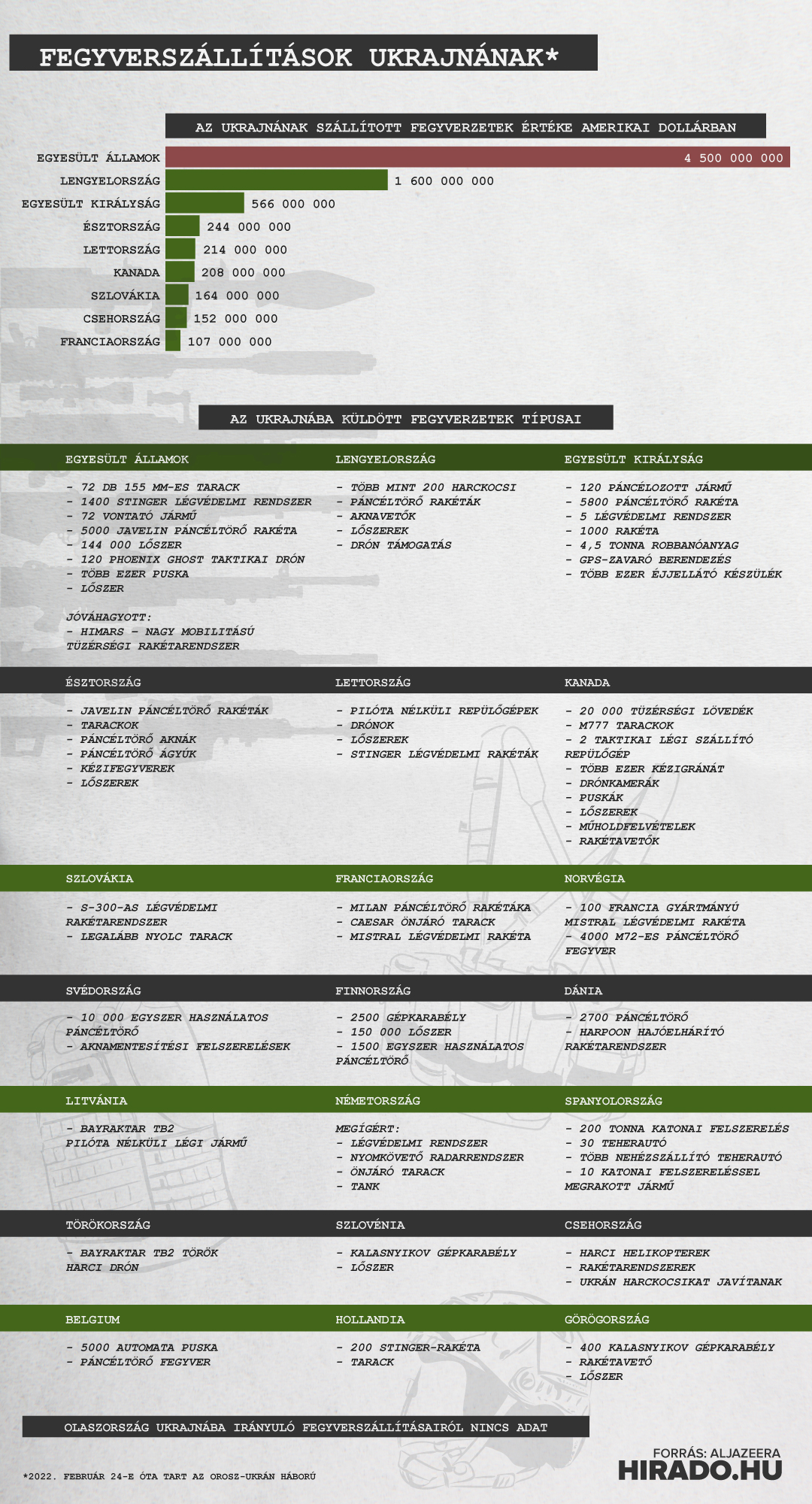
Source: aljazeera/hirado.hu
Featured Image: Facebook

